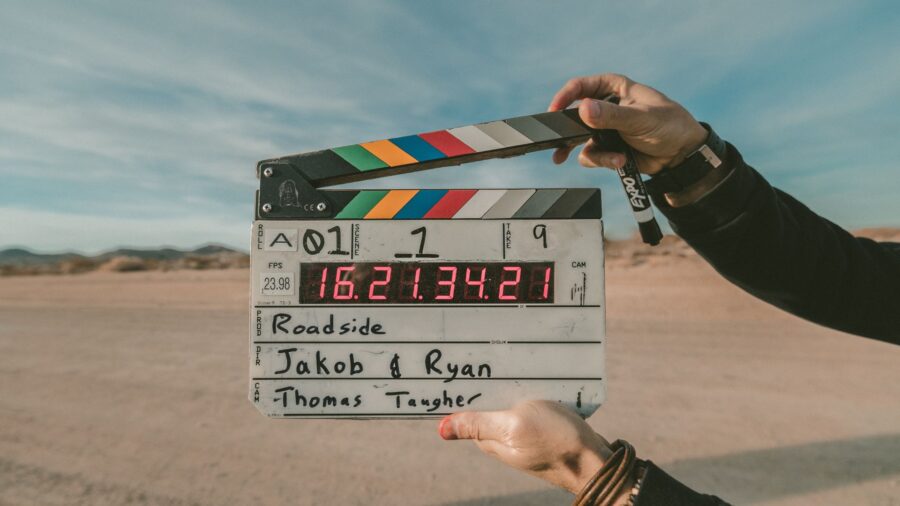Hollywood Collapsing If Strike Not Settled By Specific Date?

The current double strike in Hollywood that is bringing writers and actors to the picket lines is causing many to worry about the future well-being of the entertainment industry. Barry Diller, the Chairman and Senior Executive of IAC and Expedia Group, says that the strikes need to end by September 1 to avoid a total Hollywood collapse, according to Deadline.
That gives writers and actors a little over six weeks to come to an agreement with the Alliance of Motion Picture and Television Producers (AMPTP).
Back in May, 11,000 workers with the Writers Guild of America (WGA) went on strike to protest their inadequate pay due to the streaming services business models, their poor working conditions, and their lack of job security due to artificial intelligence.
A former studio executive believes that if the strikes don’t end by September, Hollywood will crumble.
On this past Friday, 160,000 performers in the Screen Actors Guild-American Federation of Television and Radio Artists (SAG-AFTRA) union joined their fellow Hollywood workers on the picket lines, protesting many of the same problems.
Tensions are high in Hollywood as everyone anxiously waits for the strikes to resolve. Many projects are on hold, and SAG union members are now barred from being able to promote their upcoming films.
Barry Diller, who is also the former head of ABC, Fox Broadcasting Company, and Paramount, weighed in on the strikes and shared his controversial opinions with CBS. He argued that if the strikes are not resolved by September 1 that too many projects will be affected, which will cause a significant shortage in streaming content further down the line.
This could lead to a jump in subscription cancellations and create a “perfect storm” that could cause Hollywood to collapse.
Diller’s Suggestion To End The Strikes
To help bring the strikes to an end, Barry Diller has one suggestion: executives and the “most paid” actors should take a 25 percent pay cut. If these highly paid stars get paid less, then it could help fund the salaries of those who are currently not being paid enough. It’s essentially a “tax the rich” solution that some people feel could work, while others (mostly the rich) strongly oppose it.
In addition to their concerns over pay, writers and actors involved in the strike are both worried about how artificial intelligence will impact the future of the entertainment industry. Writers fear that AI bots will be able to write scripts for TV shows and films at a much faster rate, which could make their jobs obsolete.

Meanwhile, actors on strike worry that technology will be able to replicate their faces and mannerisms to the point where they are no longer needed, like something out of a recent Black Mirror episode.
It’s essentially a “tax the rich” solution that some people feel could work, while others (mostly the rich) strongly oppose it.
Though it does sound like their jobs could be at liberty, Barry Diller thinks AI is not as threatening as it seems. He thinks that writers will be assisted by AI, rather than replaced, arguing that AI can produce something like Shakespeare, but it will never replace Shakespeare.
Members of the WGA and SAG-AFTRA have not gone on strike together since 1960. Back then, it only took about a month for the two sides to come to an agreement, so hopefully it won’t take as long this time around. In the meantime, we can expect a continued halt on many Hollywood projects and a noticeable absence of stars at red carpet events.












